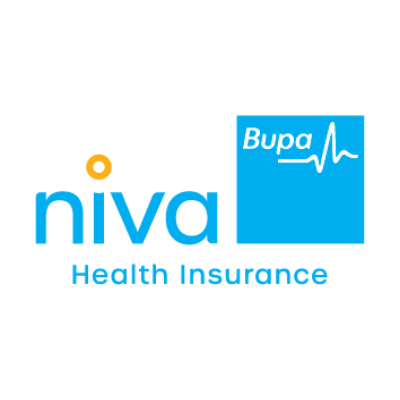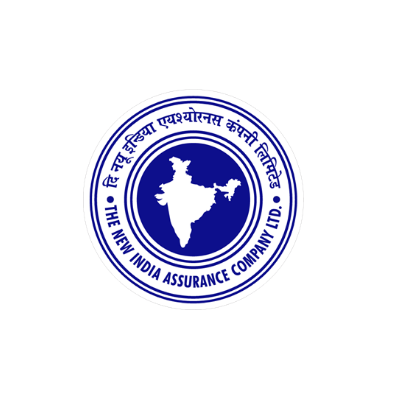DIFFERENT WAITING PERIODS IN A HEALTH INSURANCE
A health insurance policy covers almost all of your medical expenses, including annual health checkups, counselling sessions, medical bills, hospitalization costs, and so on. But, all of these benefits are available for a claim after a certain period of time. This particular time is called the waiting period in health insurance. The minimum waiting period in health insurance is basically a time period after which a selected set of illnesses are covered under your health insurance policy.
Also, there is a dedicated waiting period for pre-existing diseases, after which the policyholder can claim the benefits even for a disease that he/she was suffering before applying for the policy.
Different Types of Waiting Periods in Health Insurance
The waiting period in a health insurance policy is mentioned to address the waiting time for a particular type of claim covered in your policy. Here are some commonly incurred waiting periods that can be observed in most health insurance policies:
1. Initial Waiting Period In Health Insurance
The initial waiting period in health insurance is the first waiting period which is considered after the activation date of a particular policy. In this period, you will not be able to claim any health insurance policy benefit at all. Generally, the initial waiting period in health insurance is about 30 days long, which also gives you some time to change or cancel your policy.
2. Pre Existing Disease Waiting Period
Whenever you opt-in for a health insurance policy, you will either have to go through a full-body medical test, or you need to provide detailed information about your and your family's past medical history. Any medical condition that is diagnosed within the last 48 months up to this point will be considered a pre-existing disease.
The pre-existing disease waiting period is the time period for which you will not be able to claim any benefit from the insurance company regarding the diseases or illness that fall into the pre-existing category. The time period for pre-existing diseases might be as long as 3 to 4 years, depending upon the type of policy.
3. Maternity Benefits Waiting Period
Most health insurance companies are offering maternity cover in individual as well as family health insurance plans. It is a preferable option if you are planning to start a family in the near future. There are a lot of expenses that arise at the time of childbirth and later on. Hence, it is better to be prepared.
In most cases, you will be able to claim the maternity benefits within 3 to 4 years after buying a policy. A few companies offer maternity benefits within 2 years of the policy period, which is great.
4. Accidental Claim Waiting Period
Most health insurance policies are focused on accidental covers as these events are unexpected and might cause serious injuries and medical expenses. Thus, accidental claims are generally free from any waiting period in most health insurance policies except the initial waiting period. You will be able to claim benefits from a health insurance policy for accidental claims even a few days after you activated the policy.
5. Waiting Period For Coronavirus (Covid-19)
A large number of audiences are seeking health insurance policies due to the outbreak of coronavirus, which causes covid-19 disease. Considering the ever-increasing numbers of cases every day, you should also opt-in for an insurance policy that offers a minimum waiting period for Covid 19.
In most cases, you will find the waiting period for Covid 19 around 30 days which is equivalent to the initial waiting period in health insurance.
How Can You Reduce The Waiting Period?
A minimum waiting period health insurance policy is always a good choice as it allows you to claim the benefits quickly. A handful of companies offer you the option to reduce the waiting period for a certain category by paying an extra premium amount. Also, the health insurance policies purchased under group health plans generally have a lower waiting period.
With such an option, you will be able to reduce, say 2 years waiting period in health insurance for a certain category up to 1 year or even less, depending upon your plan. It is also beneficial for those who wish to reduce the critical illness waiting period in their policy.
FAQs - Frequently Asked Questions
Q1. Are there health insurance plans with no waiting period?
Yes. There are a handful of premium medical insurance companies that offer no waiting period facility included with their plans. While the initial premium cost might be high for these plans, it is an ideal choice if you want instant protection.
Q2. Is there an additional waiting period after converting a group health plan to an individual plan?
According to IRDAI guidelines, all employees of a certain employee health insurance plan are allowed to convert their group health plan into an individual plan. While doing so, your waiting period will not be increased, and you can apply for a claim right away if your waiting period is already over.
Q3. Why should I prefer a minimum waiting period health insurance plan?
There is no telling if and when you might need to claim your insurance benefits. Thus, a minimum waiting period for health insurance allows you to apply comparatively quicker, which reduces the potentially risky time frame in your life even after purchasing a health insurance plan.
Q4. What is the purpose of a waiting period?
A waiting period is generally introduced for every health insurance policy. The main reason for introducing a waiting period is to ensure that the beneficiary has completely understood the terms and conditions of the policy and is willing to advance with the same. Also, it enables the insurance companies to get a detailed medical history of the client and make sure all of the provided information is entirely genuine.




































